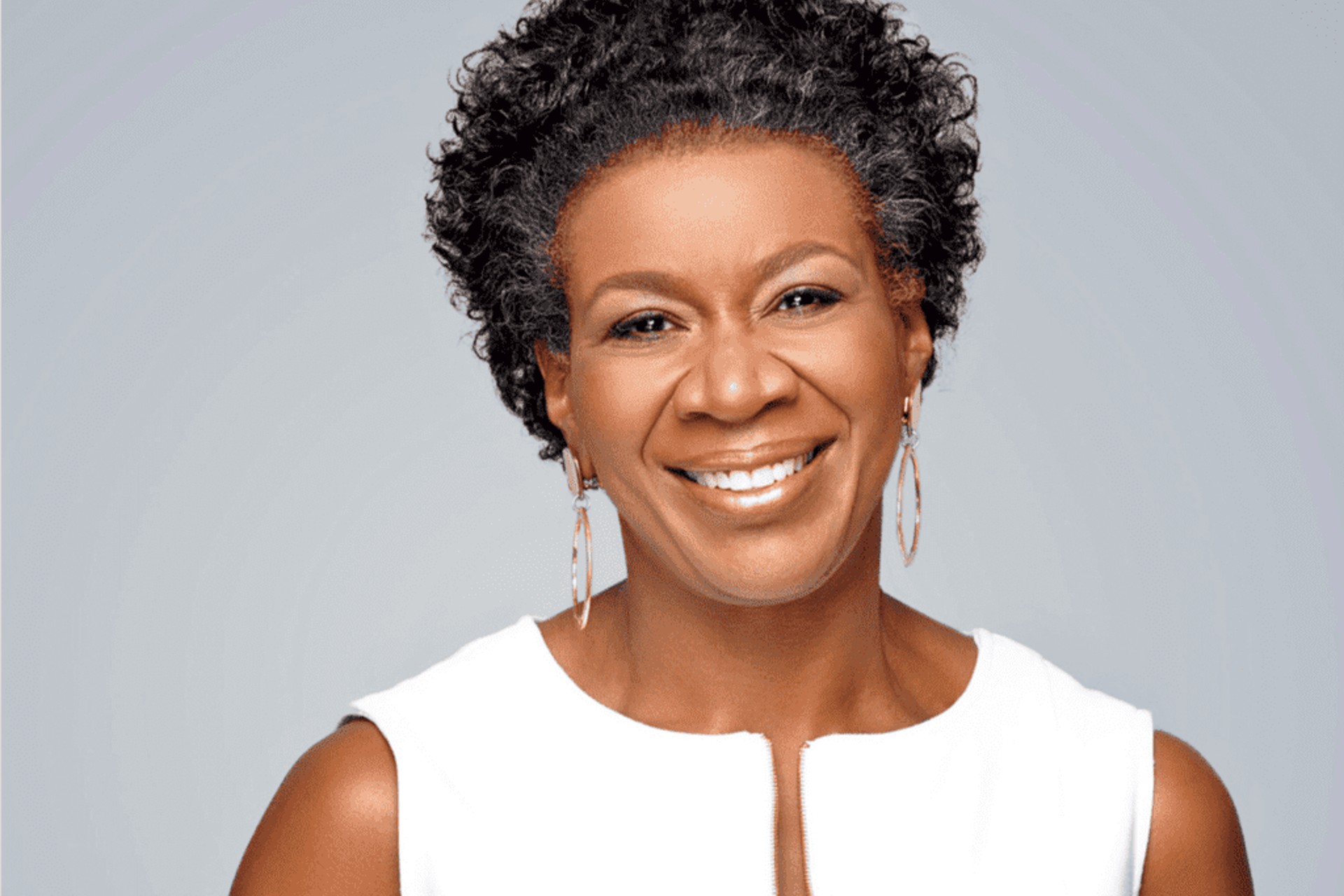Today, I spoke to Pamela Mitchell, the founder and CEO of The Reinvention Institute, Inc. (TRI), author of The 10 Laws of Career Reinvention: Essential Survival Skills for Any Economy, and columnist for Inc.com.
In this interview, Pamela talks about the process of career reinvention. She also provides examples of those that have made the leap. Helpfully, she explains how your career can conflict with your life, and more.
What is the process of career reinvention? Is it for everyone?
Everyone should have a basic career reinvention strategy.
At least once a year, ask yourself some questions. “What would I do if I lost this job?” This forces you to plan for a transition. “What would I want to do if I lost this job?” This gets you thinking about how your skills and talents could be used outside of your current industry. Use these questions as a basis for laying out your reinvention strategy.
Can you give an example of someone who has successfully made the leap?
My book, The 10 Laws of Career Reinvention, contains the real-life stories of ten people who successfully made the leap to new and unexpected careers, using the 10 Laws.
We profile people such as the popular Food Network personality Alton Brown. He began his career on the other side of the camera as a videographer. Reggie Mebane is the former COO of Federal Express Trade Networks Transport & Brokerage, a $2 billion subsidiary of Federal Express. Mebane parlayed his expertise in the logistics of handling packages into the logistics of saving lives when he went to the U.S. Centers for Disease Control. Felina Rakowski-Gallagher was a cop who left the force to open New York City’s first breastfeeding boutique.
When do people realize that their career path isn’t right for them? What is the first thing they should do?
One of the biggest causes of unhappiness I’ve seen among my clients is that their career conflicts with the life they want to live.
The road to career satisfaction starts with understanding the needs of your life. This includes the trade-offs you’re willing to give in order to have that life. Only then can you begin building a career that can make that happen.
Firstly, start by doing a self-survey to uncover what it is you seek, lifestyle-wise, and use that as a basis to figure what to do next in your career.
If you change careers when you’re older is it more difficult to still be successful?
There are upsides and downsides to a later-life reinvention.
The downside is that someone who’s had 20+ years in a particular industry may be pigeonholed or have a tough time building new networks. The upside is that being older means having a wealth of knowledge and skills to draw upon, and a track record of accomplishments to back them up.
Likewise, experience gives those who are older an edge. Of course, knowing the 10 Laws gives them the tools to stay in the game.
What advice would you give someone who wants to reinvent their career but lacks confidence?
Start with a mini-reinvention. Firstly, don’t try to change your career in a day. Start small. Sign up for a class, throw your hat in the ring at work for a new project, volunteer for a task outside your expertise at a local non-profit. Begin with low-risk activities. Slowly take on more challenging ones to build your confidence. Above all, read The 10 Laws of Career Reinvention for inspiration!
Pamela Mitchell, CLC, is the founder and CEO of The Reinvention Institute, Inc. (TRI), a dynamic organization devoted to individual and business transformation. She is the author of The 10 Laws of Career Reinvention: Essential Survival Skills for Any Economy. Ms. Mitchell is a noted career reinvention expert and in-demand speaker who has appeared on the Today Show and been profiled and quoted in top media publications including The Wall Street Journal, BusinessWeek, More, and Black Enterprise. She writes a popular column on women in business for Inc.com, the website of INC magazine. Prior to reinventing herself — for the second time! — by starting TRI, Pamela Mitchell spent nearly fifteen years in senior-level roles in international business development, marketing, and relationship management for high-profile media and entertainment companies. Her experience includes serving as vice president of international for Playboy.com.













